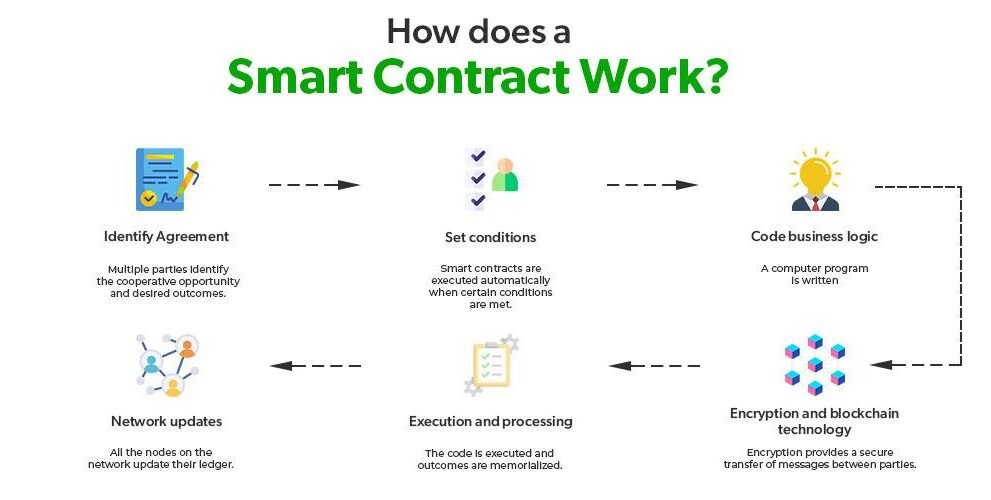The Role of Blockchain in Enhancing Legal Processes and Security
Blockchain boosts legal security and transparency.
Blockchain boosts legal security and transparency.
Key Legal Tech Innovators Transforming 2024
Tracing legal tech’s journey from paper to pixels.
Legal tech innovations transforming law practices today.
AI Revolutionizes Legal Industry: Opportunities & Challenges
Exploring 2024’s Legal Tech Innovations
Legal tech revolutionizes efficiency and accessibility.
Smart contracts, self-executing agreements coded on blockchain, are reshaping legal processes by enhancing transparency and efficiency. They automate transaction execution, reduce the need for intermediaries, and offer a binding framework that could revolutionize traditional legal practices.
Smart contracts revolutionize transactions by automating agreements through code, yet disputes can arise. Understanding their rigid framework and the role of decentralized arbitration is essential for navigating conflicts in this digital landscape.
The rise of smart contracts promises efficiency and transparency, yet it also raises complex legal questions. As parties navigate automation, issues of enforceability, liability, and jurisdiction emerge, demanding a reevaluation of traditional legal frameworks.









